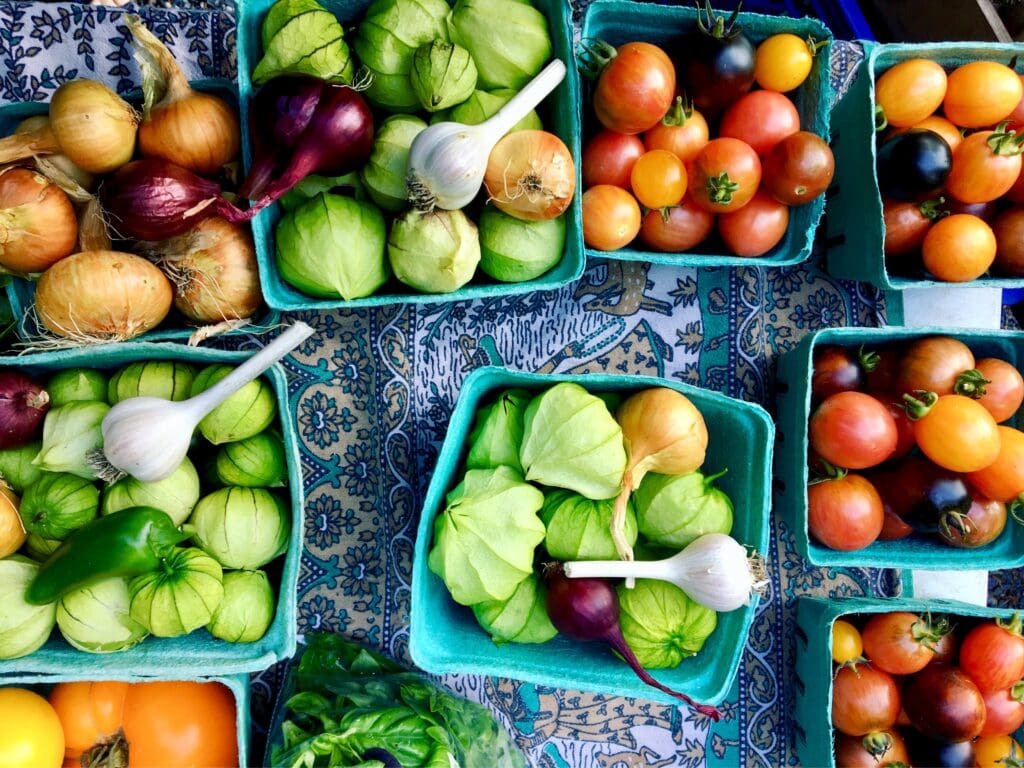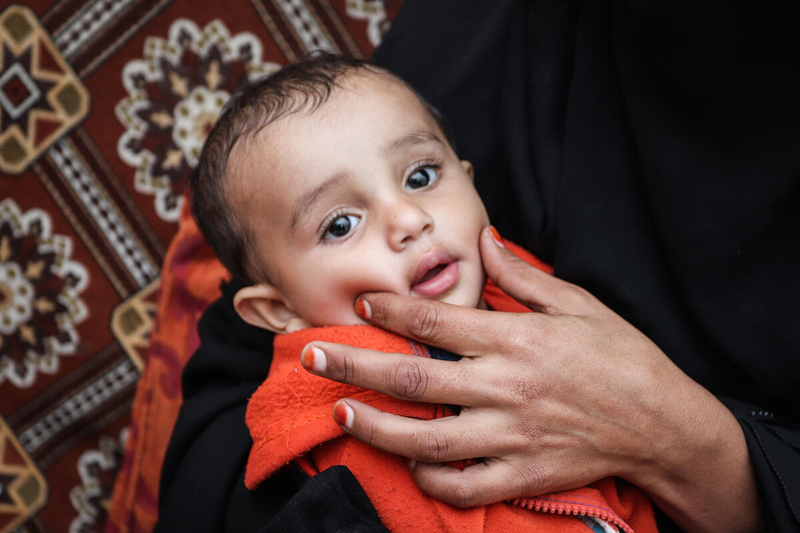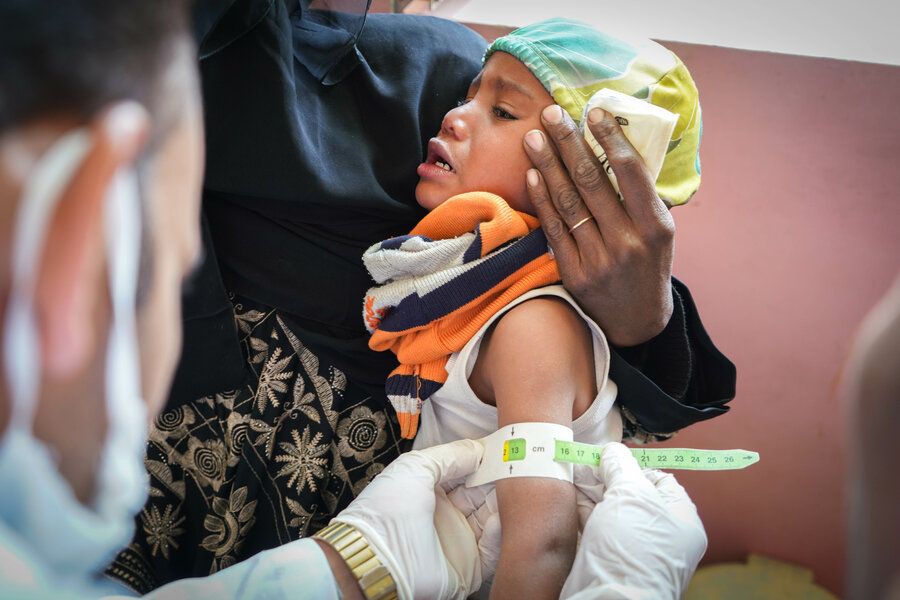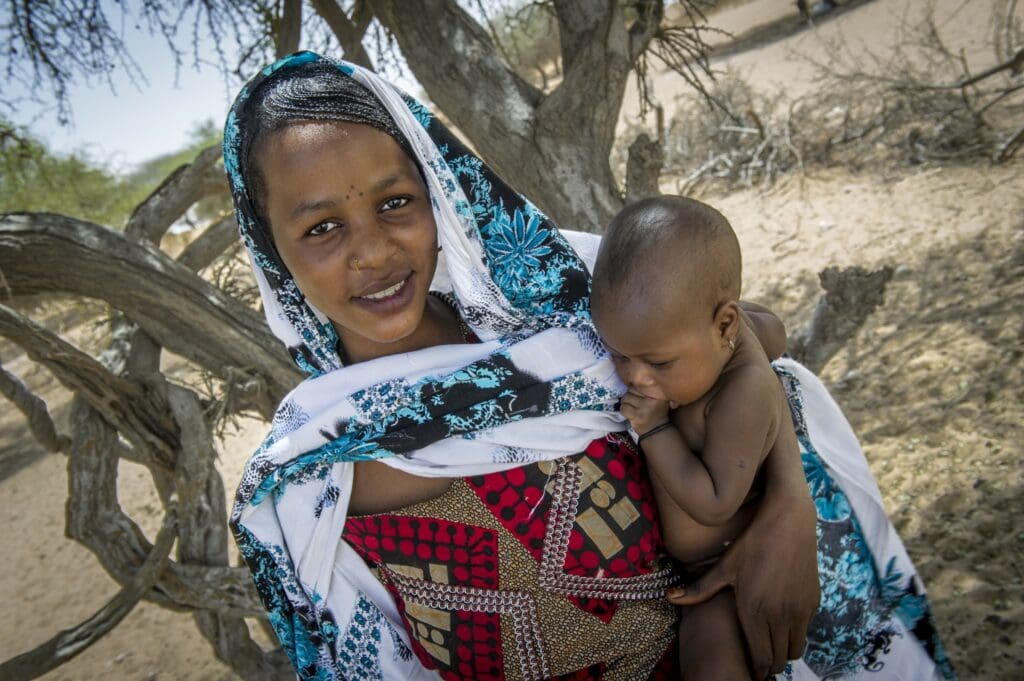This Is What We Mean When We Say Hunger, and Eight Other Little Known Facts

We use the word hunger a lot on this blog, but what exactly does it mean? And is it the same for everyone? The question gets more complicated when we talk about the difference between hunger, malnutrition, undernutrition and starvation, so let’s unpack them.
Malnutrition is the biggest, broadest term of all. It encompasses any and all kinds of diet-related deficiencies that are sub-optimal, including obesity (aka, overnutrition).
Basic hunger is a form of malnutrition. And while nearly all of us have felt hungry before – it’s simply the desire to consume food – that grumble in your tummy doesn’t come close to describing the kind of hunger we talk about here.
The kind of hunger we’re talking about is called undernutrition. It can almost literally be translated as “having too little nourishment.” In more technical terms, it means you don’t have enough calories to meet your minimum physiological needs. That kind of hunger results from prolonged food deprivation and manifests in weakness, pain, weight loss, impaired thinking and a compromised immune system.
Starvation is the most severe form of undernutrition and can lead to permanent organ damage and death. These are the people we serve at the United Nations World Food Programme (WFP): the hungriest of the hungry…those who are undernourished and who, in many cases, wouldn’t survive without help.

10-month-old Saleh Ibrahim suffers from malnutrition.
One of the most common misconceptions about hunger is that it impacts all people equally. In fact, women and children experience hunger at higher rates than men, their nutritional needs are different from other groups and for them the consequences are longer lasting.
Here are eight other little-known facts about hunger and malnutrition:
1. Malnutrition is the single largest contributor to disease in the world. Despite incredible advances in the past two decades, it remains one of the world’s most devastating yet solvable problems.
2. Malnutrition is entirely preventable. Right now, the world produces enough food for every person on Earth to lead a healthy, active life. The problem is unequal access to resources.
3. Hunger does not impact all people the same way, and it is especially ruthless in children. Nearly half of all deaths in children under the age of 5 are linked to poor nutrition. Each year, more than 3 million infants and young kids die from a lack of proper nutrients. That’s like the whole state of Iowa being wiped off the map every 12 months.
4. Proper nutrition is most critical in the first 1,000 days of life. Good nutrition from a mother’s pregnancy to a child’s second birthday (approximately 1,000 days), is the most crucial window for kids’ physical growth and mental development.

U.N. World Food Programme nutrition treatment improved the condition of young Sultan.
5. Malnutrition is passed down through generations. Malnourished mothers give birth to malnourished babies who are more susceptible to illness, infection and long-term health problems, thus perpetuating an intergenerational cycle of hunger for millions of families around the world.
6. Even if you consume enough calories in a day, you can still be malnourished. If your diet lacks specific vitamins and minerals you can develop micronutrient-deficiency-related illnesses like anemia, an iron deficiency that can cause organ damage if left untreated and that afflicts 1 in 3 women around the world.
7. Low- and middle-income countries bear the disproportionate burden of micronutrient deficiencies. In low-income countries like Bangladesh, for example, Vitamin A deficiency is the leading cause of preventable blindness in children.
8. Malnutrition is expensive. It costs the global economy $3.5 trillion dollars each year in lost productivity, increased healthcare costs and emergency services.

Sixteen-year-old Hawa Mahamat holds her 7-month-old baby after a check-up as part of WFP’s nutrition program in Chad.
As the world’s largest hunger-fighting organization, the U.N. World Food Programme provides nourishing food to nearly 100 million people each year, nearly 60 percent of whom are children.
Thanks to our global scale and deep field presence, we’re able to deliver ready-to-eat, highly specialized, fortified foods that don’t require cooking, refrigeration or sanitary water to prepare. We’re arming pregnant women and new moms with the nutrition and education they and their babies need. We’re delivering hope to desperate families.
We believe every child is born with the inalienable right to take their first steps, learn their first words, read their first book and reach their full potential. If you believe so too, please support our lifesaving work.




